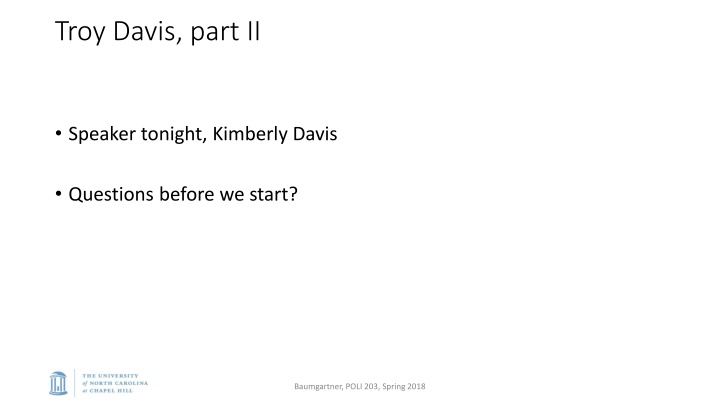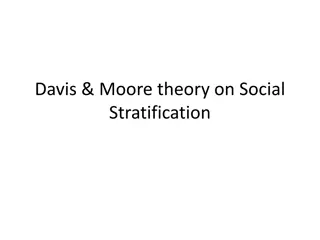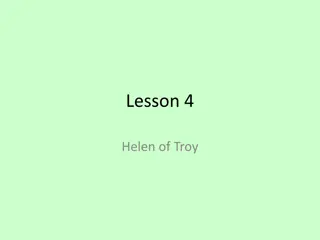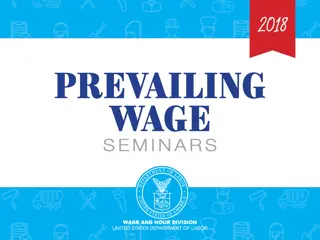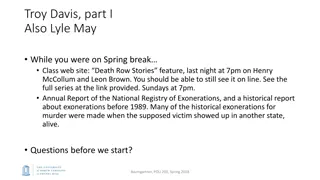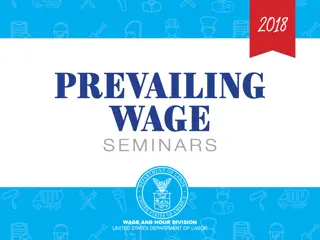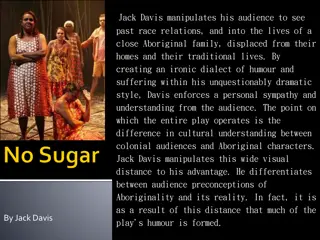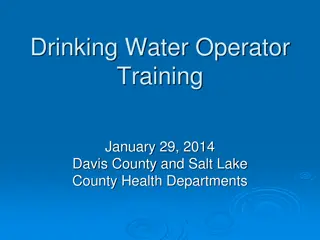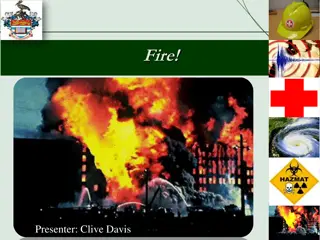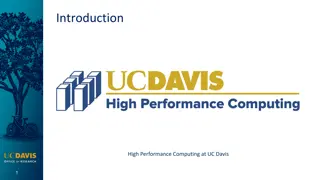Troy Davis, part II
Troy Davis' case highlights the complexities and injustices of the legal system in handling death penalty cases. From the lack of proper defense to the emotional toll on families, the narrative sheds light on the intricate web of factors influencing such cases. Questions of ethics, delays, and family repercussions intertwine to paint a vivid picture of the hurdles faced by those involved in such high-stakes scenarios.
Download Presentation

Please find below an Image/Link to download the presentation.
The content on the website is provided AS IS for your information and personal use only. It may not be sold, licensed, or shared on other websites without obtaining consent from the author.If you encounter any issues during the download, it is possible that the publisher has removed the file from their server.
You are allowed to download the files provided on this website for personal or commercial use, subject to the condition that they are used lawfully. All files are the property of their respective owners.
The content on the website is provided AS IS for your information and personal use only. It may not be sold, licensed, or shared on other websites without obtaining consent from the author.
E N D
Presentation Transcript
Troy Davis, part II Speaker tonight, Kimberly Davis Questions before we start? Baumgartner, POLI 203, Spring 2018
Top Surprises / take-aways from the book: wanted dead or alive International / high level attention Execution went forward despite protests Family of victim still convinced of guilt Credibility assigned to questionable witnesses/adverse incentives no feet in grass Inadmissibility of evidence based on two bites at the apple Save inmates from suicide in order later to execute Cruel: don t talk to your own dad For the family: anything that could go wrong, did Baumgartner, POLI 203, Spring 2018
Troys case exemplifies Reversing an initial conviction very hard Lack of good attorneys, limited resources available for indigent defense Entire family goes down Terrible divisions in the community, as people divide based on trust in police / race If wrong person is convicted, true perpetrator gets away with murder Also, once the state has a convicted cop-killer (or other murderer) safely in prison, few incentives exist to second-guess that judgment. What other general themes do you see? Baumgartner, POLI 203, Spring 2018
Four dates with death Troy came twice within 24 hours of his death date, a third time it was cancelled a few days ahead of time, and the fourth time, it came 4 hours after it was scheduled, as the US Supreme Court considered his appeals again. Is that torture? Is that unusual?
Twenty-two years on death row That definitely is not unusual. Is it torture? This has been litigated twice. The first time, it was rejected. 1995, Lackey v. Texas. USSC rejected it. But he had only served 16 years when he filed. 2014, Jones v. Chappell, Federal judge ruled that the California system is unconstitutional because of the average 20 year delay for completing appeals. Rejected on appeal because the California state appeals process was not complete Justice Breyer, in Glossip, raised this issue: What is the additional value to society of death, following 30+ years on death row? So this will be litigated.
Consequences for the family How would you summarize those? Baumgartner, POLI 203, Spring 2018
How about the family of the slain officer Was that family well served by this process? (Note, of course, we have read a book about the Davis family s experience, so we can only speculate here.) Baumgartner, POLI 203, Spring 2018
Divisions in the community White police officer is dead, that is a fact, and a tragedy Black suspect is in custody How often has this scenario played out? What is the psychological process by which if we sympathize with the victim may be loose with the investigation of the crime? Does that make sense? Do you think it occurs? What is the social process by which the community divides? What other examples do you know about? Darryl Hunt in Winston Salem, Black Panthers (the 1970s ones!), Malcolm X, J. Edgar Hoover v. MLK Jr., etc. Baumgartner, POLI 203, Spring 2018
